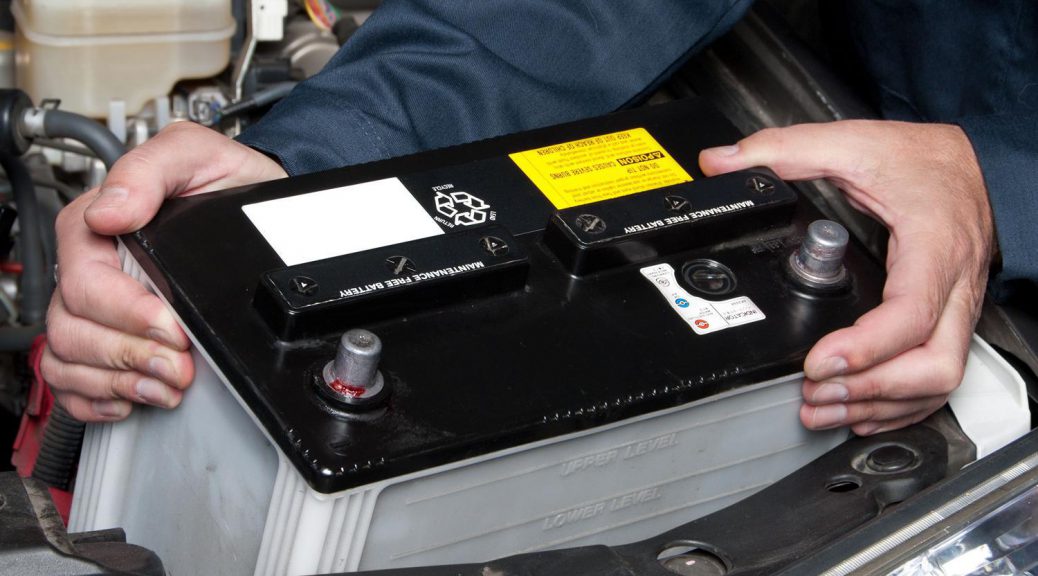
Kenyan Lawyer- By Cyrus Maina: Buying Land or Property in Kenya
Kenyan Lawyer- By Cyrus Maina
Cyrus is a commercial, property and corporate lawyer practising as such in a leading commercial law stiff in Nairobi, Kenya.
Hello
Popular Posts
Tuesday, November 16, 2010
Buying Land or Property in Kenya
Two. Conducting the requisite searches and preliminary investigations
The previous land registration laws (that is, The Government Grounds Act, the Registration of Titles Act and the Registered Grounds Act) have now been repealed and substituted by the Land Act, the National Land Commission Land and the Land Registration Act. The Land Registration Act provide for registration unit at every district and the land registries established under the repealed laws are still operational.
The buyer or his lawyer should get a copy of title and National Indentity Card of the seller and conduct the requisite searches both for the land at the relevant grounds office and also of the person named in the title as the registered possessor at the Registration of Persons Bureau. The latter will help to confirm that the purported proprietor of land is real possessor of the land an impostor.
To conduct a search, one is required to file a search application form and linked a copy of the title deed. The search is then required to be lodged at the registry and the requisite search fees (current at KShs. 500/- paid. It takes 2-3 days to get search results from the Grounds registry. The search result should be able to expose the following details:-
(i) the registered proprietor of the property;
(iii) any encumbrances registered against the titles like prohibitions, court orders, cautions and caveats;
If the search results are satisfactory, once should also check whether the land is included on the Report by the Commission of Inquiry on the Illegal and Irregularly Allocated Land, commonly known as the Ndungu Land Report.
Moreover, it is usually prudent for the holder to enlist the services of a registered surveyor who shall be able to confirm the beacons on the land and conduct further preliminary checks at the Survey Department.
(a) The original title for the property
(b) The transfer of property duly executed by the vendor/ seller (in triplicate);
(c) Identity Card/ Certificate of Registration of the vendor/ seller and Pin Certificate;
(d) Three(Three) passport sized photographs of the seller/vendor. If the seller is a company, photographs of two of its director or a director and company secretary and their Pin Certificate will also be required;
(e) Land Rent Clearance Certificate for the Property, where the land is a leasehold from the Government;
(f) Rates Clearance Certificate for the Property issued by the relevant local authority (if applicable);
(g) original receipts evidencing the payment of rates and rates;
(h)(h) Consent to transfer the property issued by the Commissioner of land, the relevant land control board or where the land is a leasehold from a local authority, the consent is issued by the Town Clerk of the relevant local authority.
(i)Valuation form duly finished by the Vendor or his advocate;
(a) the original lease for the property and the transfer of lease duly executed by the parties, as adequate;
(b) the consent by the lessor and/or the management company, incorporated in the transfer of lease,
(c) the letter from the management company confirming that the seller has paid all the outgoings;
(d) the original share certificate in the management company;
(e) the transfer of share form duly executed by the parties;
(f) Form D in respect of the share transfer duly signed by the company’s auditors;
Once the duty has been paid over the counter through the collecting either of the collecting agent banks, the documents are then lodged at the grounds office for stamping with duty. The collector of stamp duties will normally stamp the documents once he is sated that the collect amount of stamp duty has been paid.
- where land is in a municipality- the duty is 4% of the market value of the land as determined by the Government valuer. The market value may be higher that the value indicated by the parties in the transfer documents.
- where land is agricultural or outside a municipality- the duty is 2% of the market value of the land as determined by the Government valuer.
- in respect of a charge or mortgage – the duty payable is 0.1% of the mortgage amount.
Once the transfer of land or charge over the property has been stamp duty with duty, the transfer documents accompanied by the original titles, land rent and rates clearance certificate, consent to transfer, the duly ended valuation for stamp duty form, and the the stamp duty declaration, assessment and pay-in-slip should be booked of registration.